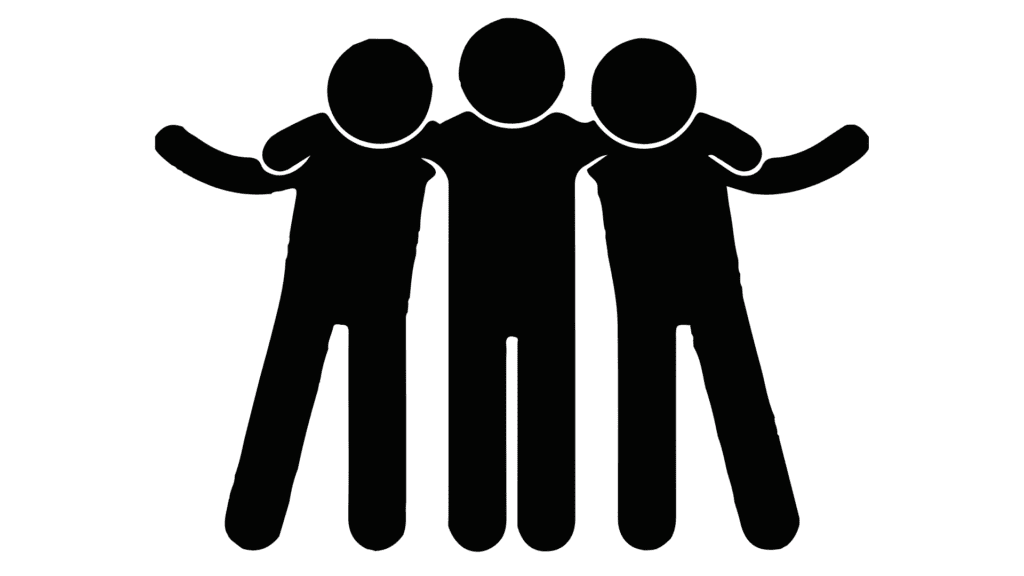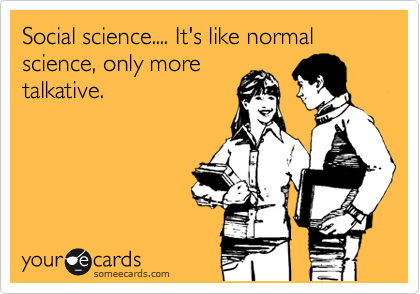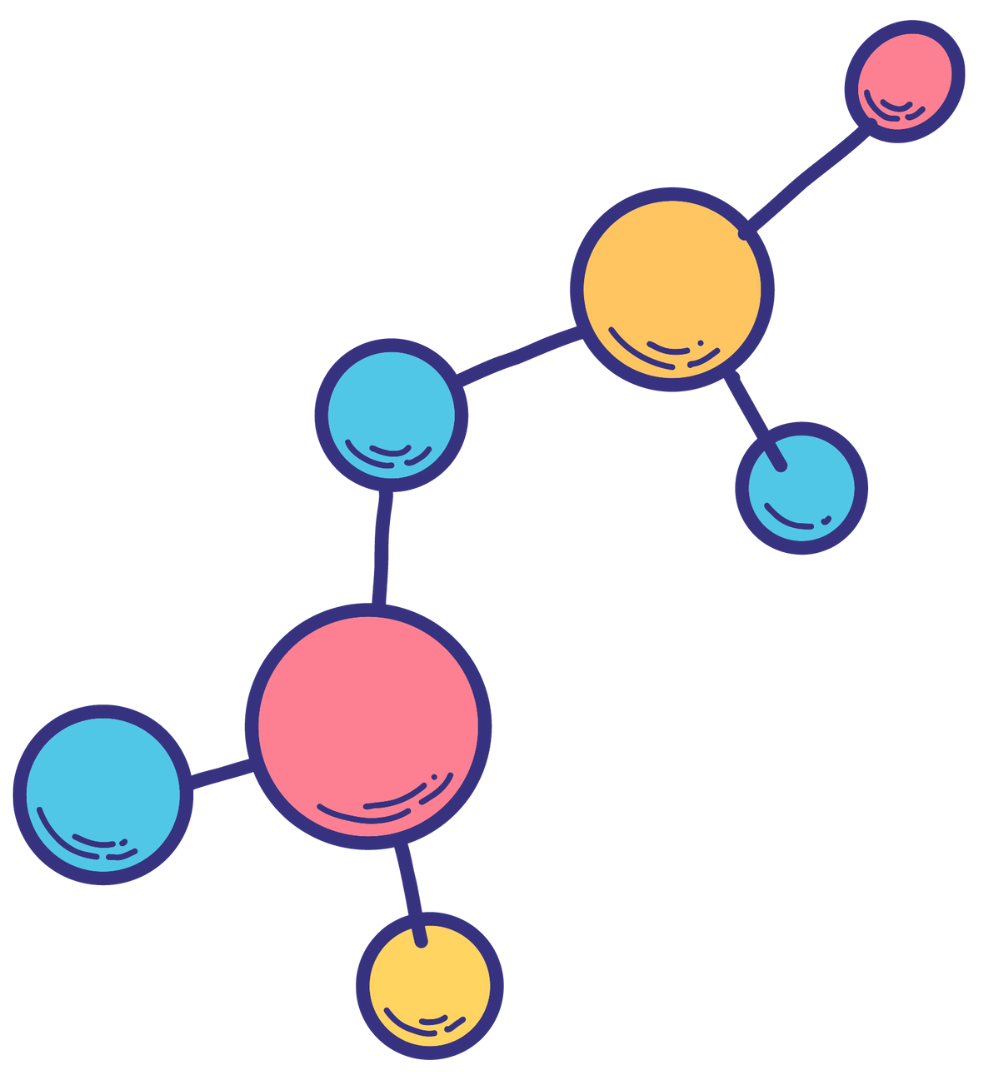Is Public Health a Social Science?

Most people think public health is all about vaccines, disease outbreaks, and telling people to wash their hands. But scratch beneath the surface, and you’ll find a field having an existential crisis: Is public health a social science or something else entirely?
The answer might seem academic (literally), but it actually shapes how we tackle everything from pandemic responses to health inequities. Let’s dive into this identity question and why it actually matters.

Public health’s split personality
Public health sits at a fascinating crossroads – part hard science, part social science, part policy and practice. It’s like that friend who can never decide what career to pursue because they’re interested in everything.
The field draws from a wild mix of disciplines:
- Natural sciences: Biology, chemistry, anatomy
- Social sciences: Sociology, psychology, anthropology, economics
- Statistics and math: Biostatistics, epidemiology
- Humanities: Ethics, history
- Professional fields: Management, policy, communications
This interdisciplinary nature is both public health’s greatest strength and the source of its ongoing identity crisis.
But if we had to choose a category…

While public health uses elements from natural sciences, at its heart, it’s fundamentally a social science for one simple reason: it’s ultimately about people and how they interact with each other and their environment.
Even the most biological aspects of public health (like infectious disease control) quickly become social questions:
- How do cultural practices affect disease spread?
- Why do some communities face higher risks?
- What social factors determine who gets treatment?
- How do we convince people to change behaviors?
These questions can’t be answered in a laboratory – they require understanding human behavior, social structures, power dynamics, and cultural contexts.
Where social science shows up in public health
The social science DNA of public health is evident in all its core areas:
Epidemiology might seem all about numbers and disease patterns, but dig deeper and you’ll find it’s investigating social questions: Why are certain populations more affected? How do social networks influence disease spread? These questions can’t be answered with microscopes alone.
Health policy and management is essentially applied political science and economics. From designing healthcare systems to allocating resources, it’s all about social institutions and how they function.
Behavioral health is psychology and sociology in action. Understanding why people smoke, how communities address mental health, or what makes people resist or accept vaccines – these are classic social science questions.
Environmental health examines how our surroundings affect our wellbeing, but the most important environmental factors are often social: housing quality, neighborhood characteristics, and access to resources.
The tools of the trade reveal the truth

Look at the research methods public health professionals use, and the social science connection becomes even clearer:
- Qualitative interviews to understand patient experiences
- Focus groups to explore community health beliefs
- Surveys to measure health behaviors and attitudes
- Community-based participatory research engaging local populations
- Policy analysis examining the impact of health regulations
These aren’t the methods of chemistry or physics – they’re classic social science approaches.
Social determinants: The smoking gun

The concept of social determinants of health is perhaps the clearest evidence of public health’s social science identity. This framework recognizes that factors like income, education, housing, racism, and social support often influence health more than medical care or biology.
When public health professionals talk about addressing health inequities, they’re essentially applying sociological and economic analysis to health problems. The recognition that society shapes health outcomes is a fundamentally social science perspective.
But does this identity crisis actually matter?
You might be wondering why anyone should care about these academic distinctions. Here’s why it matters:
- Research funding often depends on how a field is categorized. Which agencies support public health research affects the questions that get studied.
- Training and education approaches differ between natural and social sciences. How we educate future public health professionals influences their perspectives and skills.
- Interventions and solutions look different depending on whether you see health problems as primarily biological or social. A social science approach leads to different solutions than a purely medical one.
- Interdisciplinary collaboration becomes more effective when we understand the epistemological foundations of each field involved.
The tension that makes public health work
The most effective public health approaches embrace this hybrid identity, combining rigorous scientific methods with deep social understanding.
For example, the COVID-19 pandemic required both:
- Virologists and immunologists to understand the pathogen
- Behavioral scientists to design effective public messaging
- Economists to analyze impacts of lockdowns
- Anthropologists to understand vaccine hesitancy
- Ethicists to guide resource allocation decisions
When public health leans too heavily toward either pure science or social science, it becomes less effective. The magic happens at the intersection.
Where public health is heading
The future of public health seems to be embracing its social science roots even more deeply:
- Health equity frameworks are becoming central, not peripheral
- Community engagement is increasingly recognized as essential
- Implementation science focuses on the social contexts that help or hinder interventions
- Systems thinking acknowledges the complex social systems that influence health
At the same time, advances in data science, genomics, and other technical fields continue to enhance the scientific toolkit available to public health.
The bottom line: It’s complicated (in a good way)
Public health is best understood as a social science that readily employs natural science methods when appropriate. Its primary concerns – population health, prevention, health equity, and systems change – are fundamentally social questions that require social science approaches.
But its willingness to draw from multiple disciplines and bridge different ways of knowing is exactly what makes public health uniquely equipped to address complex health challenges.
So next time someone asks if public health is a social science, the most accurate answer might be: “Yes, and so much more.” It’s in that “and” where the most important work happens.
